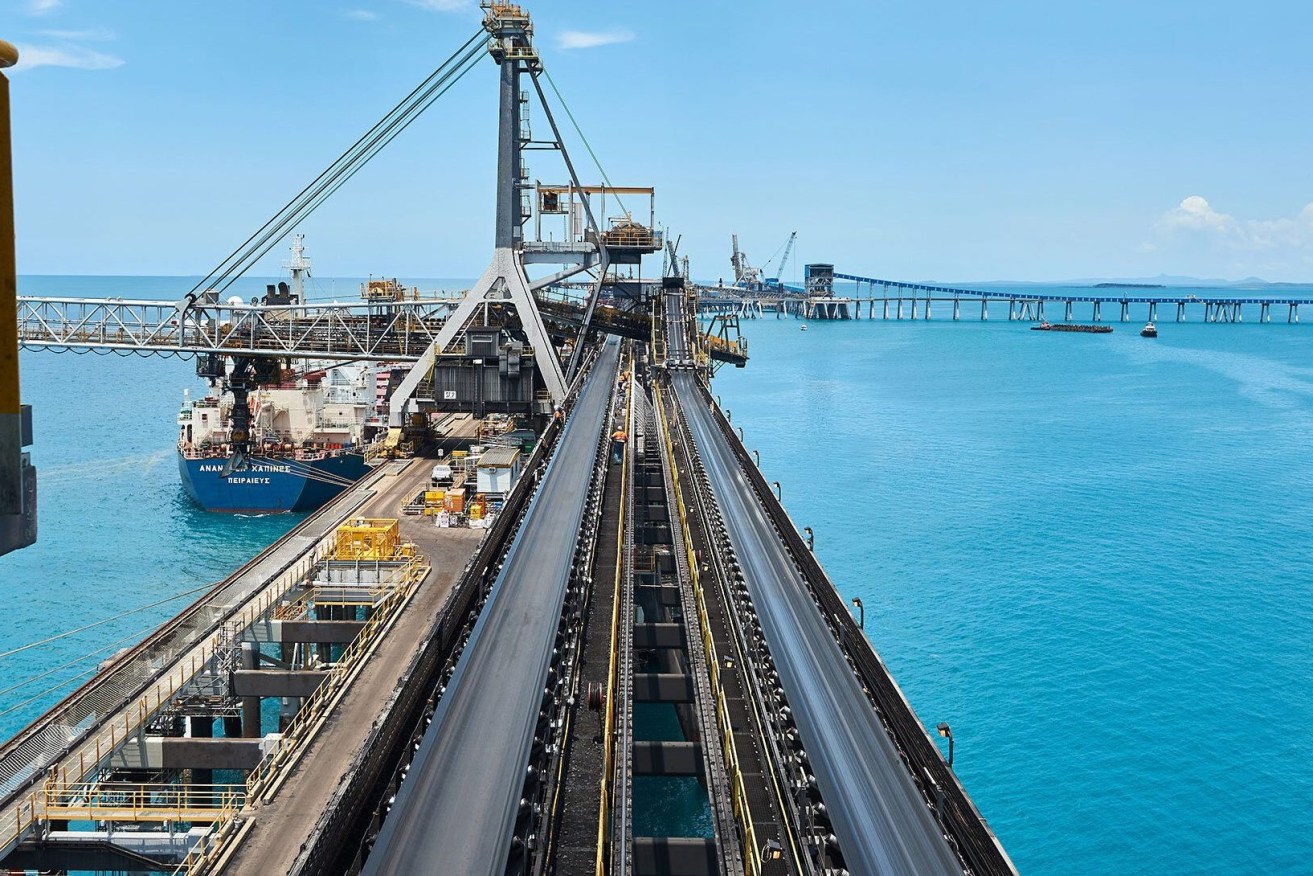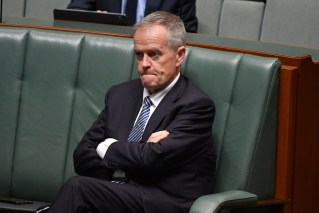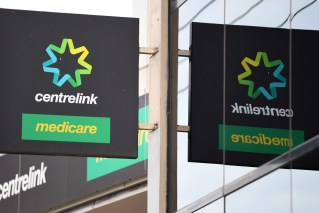Coal producers find there’s gold in life without China
Queensland’s coal producers appear to have out manoeuvered China’s coal ban and benefitted from a 50 per cent spike in seaborne metallurgical coal prices, according to Westpac.


The Dalrymple Bay Coal Terminal.. Image; Supplied
Metallurgical coal, used for steel production, is now selling for as much as $US154 a tonne, up from lows of about $US93 a tonne.
An example of how the industry has adapted has been revealed in trade figures from the Port of Gladstone where coal exports to China dropped from about 1 million tonnes a month to zero for the past three months.
However, in January coal exports to India and South Korea jumped from 1.4 million tonnes and 1.6 million tonnes respectively in 2020 to more than 2 million tonnes each.
The exports through Gladstone are mostly thermal coal but the industry has indicated it shows a broad trend that has been happening elsewhere with metallurgical coal, which accounts for about 60 to 70 per cent of exports.
The Queensland Resources Council said companies started moving away from the China market more than six months ago because they saw tensions rising well before the trade bans were put in place.
“Some companies have not sold into China for ages,” QRC chief executive Ian Macfarlane said.
He said coal prices were likely to ease off but added that predicting the market was difficult.
“Coal exports were up 19 per cent in November so tonnages are up, it’s just particular destinations are affected,” he said.
“I think the industry is pleasantly surprised that prices have moved up, part of which was. because China was buying out of North America at above-market rates.
“We certainly pleased that the action by China has not had an impact on the market
The strategy could have significant economic benefits for Queensland if it is maintained because the State Budget is heavily reliant on coal royalties. The national economy has already gained through a significant spike in iron ore prices.
Westpac economist Justin Smirk said coal prices had weakened last year due to the Chinese trade restrictions, but a tight seaborne market meant that China merely replaced Australian coal with products from other exporters which left a gap for Australian producers to fill.
“The resulting surge through January was greater than expected with Queensland metallurgical coal rallying from $US93 a tonne to $US140 a tonne,” Smirk said.
The bank’s expectation was the price would ease back by March $US135 a tonne and $US125 a tonne in December. The Queensland Resources Council has different, but nonetheless impressive figures indicating a price of about $US120 in January jumping to $US154 in the first week of February.
Thermal coal has seen less of a lift with Newcastle prices rising from $US84 to $US90 over a similar time frame.
The cold northern winter has also led to LNG prices recovering sooner than expected.












